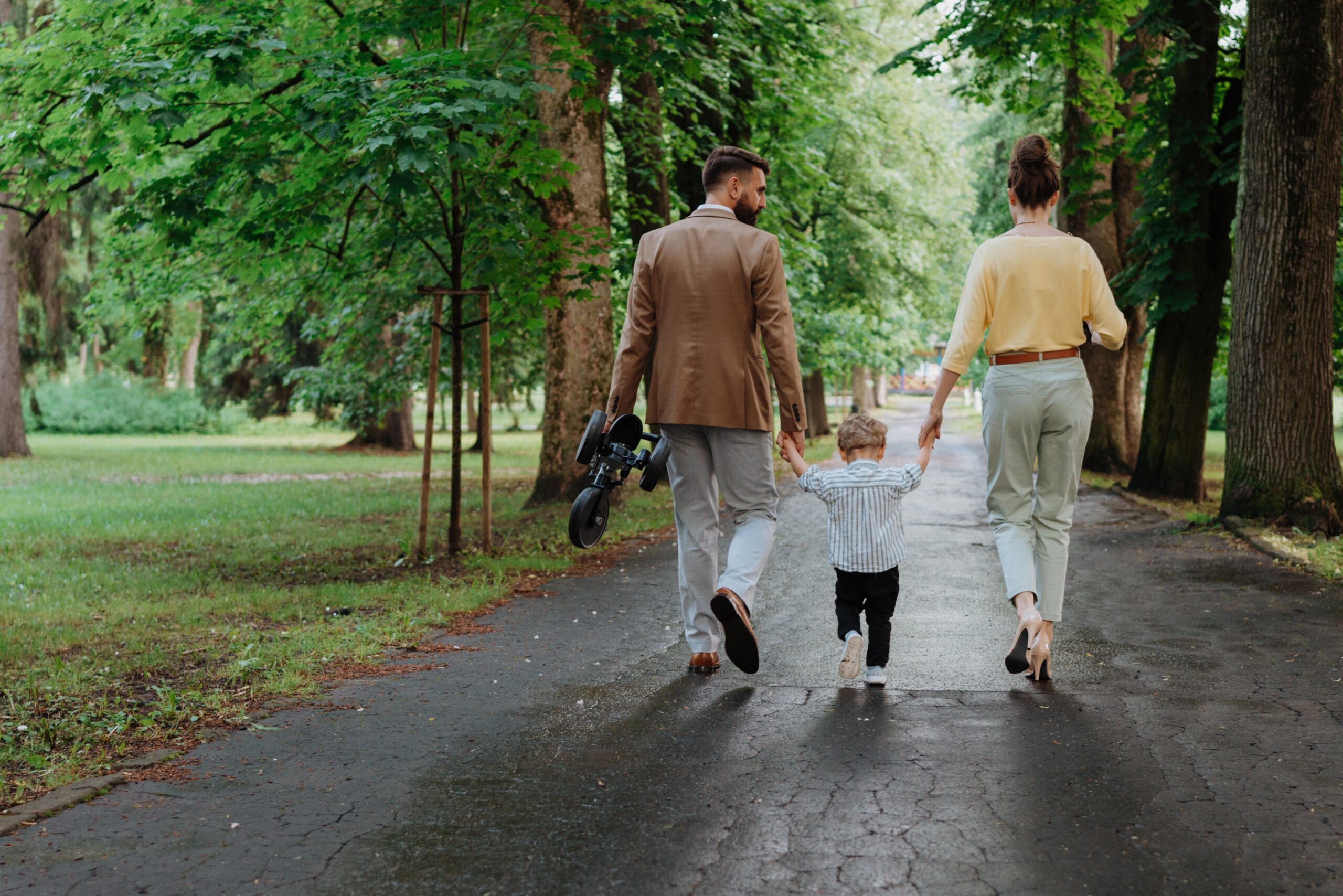by Rylee Hiett
Conflict is a part of everyday life. Therefore, it is critical to teach young children independent conflict management skills. According to Connections Academy, there are five steps for children to practice to learn conflict resolution skills.
The first step is to STOP. Stopping means taking a step back, taking a deep breath and ensuring that the situation is not getting out of control. This approach allows the child to calm down andgather their thoughts and emotions before acting. Emotions such as anger and frustration can make conflicts much harder to solve because judgment can become clouded. Stopping to address the situation with a clear mind will increase the chances of resolving the conflict healthily.
The second step in conflict resolution is to SAY their side of the conflict. Having an open conversation to clarify understanding of the disagreement will help to diffuse it. Children must learn to communicate their feelings and feel comfortable making their wants and needs clear in a conflict situation.
The third step is to THINK of reasonable options. Things such as talking out the situation, walking away, apologizing, listening to the opposing side, etc., are great examples. These are ways to find a fair solution that meets the needs of all parties involved in the conflict.
The fourth step is to CHOOSE a favorable option that all parties can agree on. Again, this ensures that all parties are being treated fairly and have a chance to resolve the situation.
Lastly, the fifth step is RESPECT. Respect encourages children to value others’ opinions and actions, even if they disagree. In turn, others will be more likely to reciprocate that respect. Respecting someone in a conflict means coming to a mutual solution and choosing to hear the opposing side’s thoughts and feelings about the situation.
Children should learn to remain patient and sincere when dealing with a conflict. Things children should be deterred from in a conflict include name-calling, violence, interrupting others, refusing to listen to the opposing side’s views and insulting the other side. Allowing children to handle conflicts poorly could lead them to become bullies and struggle to manage disagreements as adults.
Conflict is unavoidable but can be a positive. Conflict resolution skills are crucial for a child to learn. These experiences allow them to learn how to cooperate, compromise and understand others who do not see eye to eye. A child’s response to conflict at an early age could affect the remainder of their life. Using the five steps mentioned above allows a child to explore their feelings, learn more about themselves and opposing views, and develop constructive relationships








Leave A Comment